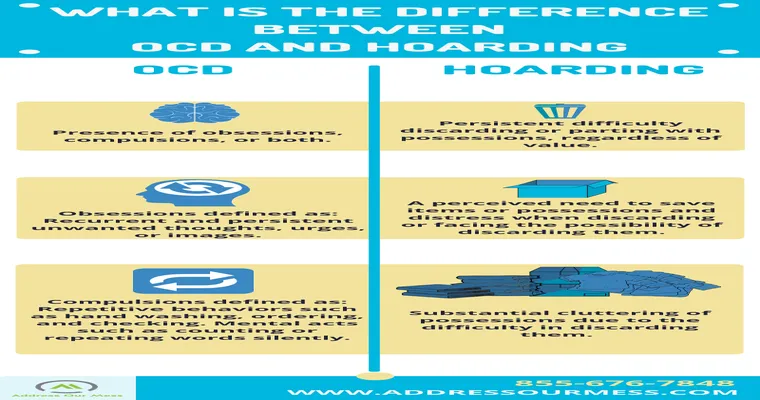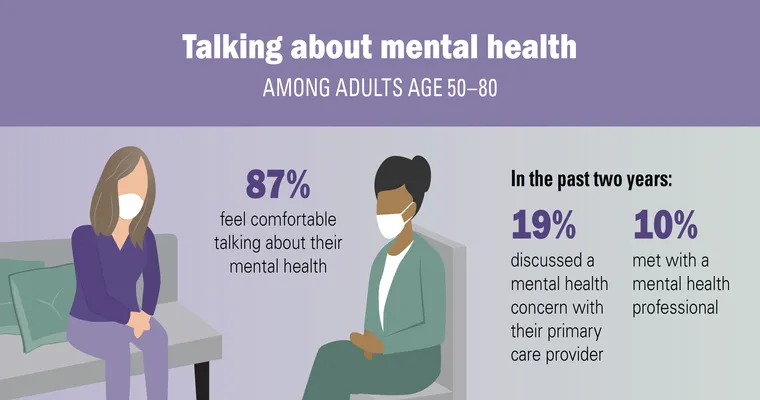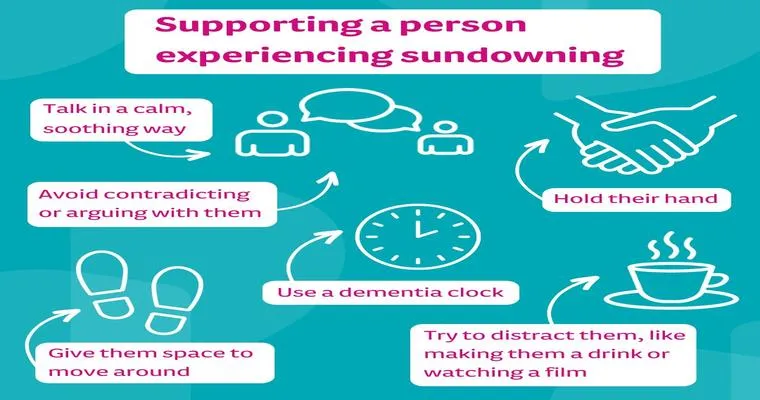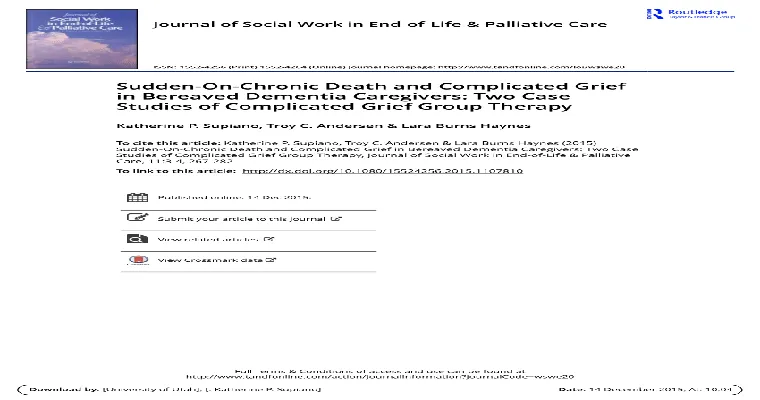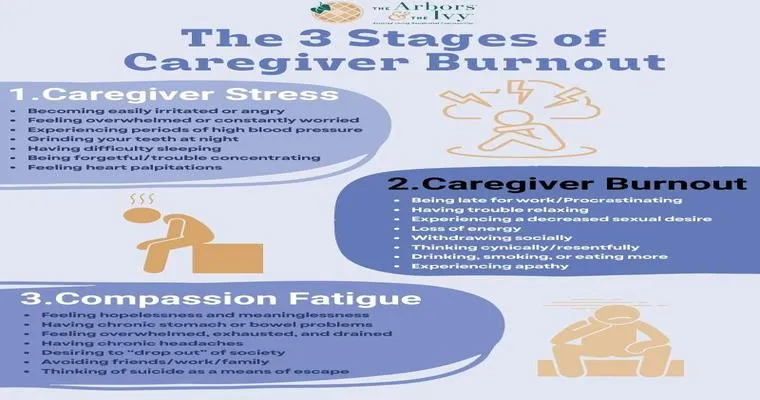As our loved ones age, they may face various mental health challenges, including "anxiety", "hoarding", and "Obsessive-Compulsive Disorder (OCD)". Understanding the interplay between these conditions is crucial, as they can significantly affect the quality of life for elderly individuals. This article delves into how these issues manifest in older adults, the underlying causes, and potential solutions to help manage these conditions effectively.
Understanding Anxiety in the Elderly
"Anxiety" in the elderly is often underdiagnosed and undertreated. It can manifest as excessive worry about health, finances, or the future. Factors contributing to anxiety in older adults include loss of loved ones, chronic health issues, and feelings of isolation. Symptoms may include restlessness, difficulty concentrating, and physical symptoms such as a racing heart or sweating. Recognizing these signs is essential for timely intervention.
The Connection Between Anxiety and Hoarding
Hoarding behavior can often stem from "anxiety". Many elderly individuals may hold onto items due to the fear of losing something valuable or important. This behavior can escalate to hoarding disorders, where the accumulation of possessions interferes with daily life and living conditions. The emotional attachment to items can provide a sense of security, making it difficult for them to let go. Understanding this connection can help caregivers and family members approach the situation with empathy and support.
OCD and Its Impact on the Elderly
"Obsessive-Compulsive Disorder (OCD)" can also emerge in older adults, though it may present differently than in younger populations. Older adults might experience compulsions related to cleanliness, orderliness, or specific rituals that they feel compelled to perform. These obsessions and compulsions can lead to significant distress and impairment in their daily lives. It is essential to acknowledge that OCD in the elderly can be exacerbated by factors such as cognitive decline or other health issues.
Treatment Options for Anxiety, Hoarding, and OCD
Addressing "anxiety", "hoarding", and "OCD" in the elderly requires a comprehensive approach. Here are some effective strategies:
1. "Therapy": Cognitive Behavioral Therapy (CBT) is particularly effective for anxiety and OCD. For hoarding, specialized therapy focused on decluttering and decision-making can be beneficial.
2. "Medication": In some cases, medications such as antidepressants or anti-anxiety drugs may be prescribed to help manage symptoms.
3. "Support Groups": Engaging with peers who face similar challenges can provide emotional support and reduce feelings of isolation.
4. "Family Involvement": Educating family members about these conditions can foster understanding and create a supportive environment for the elderly.
5. "Lifestyle Changes": Encouraging regular exercise, a balanced diet, and social engagement can help alleviate symptoms of anxiety and improve overall mental health.
Conclusion
In conclusion, "anxiety", "hoarding", and "OCD" are significant mental health issues that can affect the elderly population. Recognizing the symptoms and understanding the connections between these conditions is critical for family members and caregivers. By employing effective treatment strategies and providing emotional support, we can help our aging loved ones lead more fulfilling lives despite the challenges they face.

